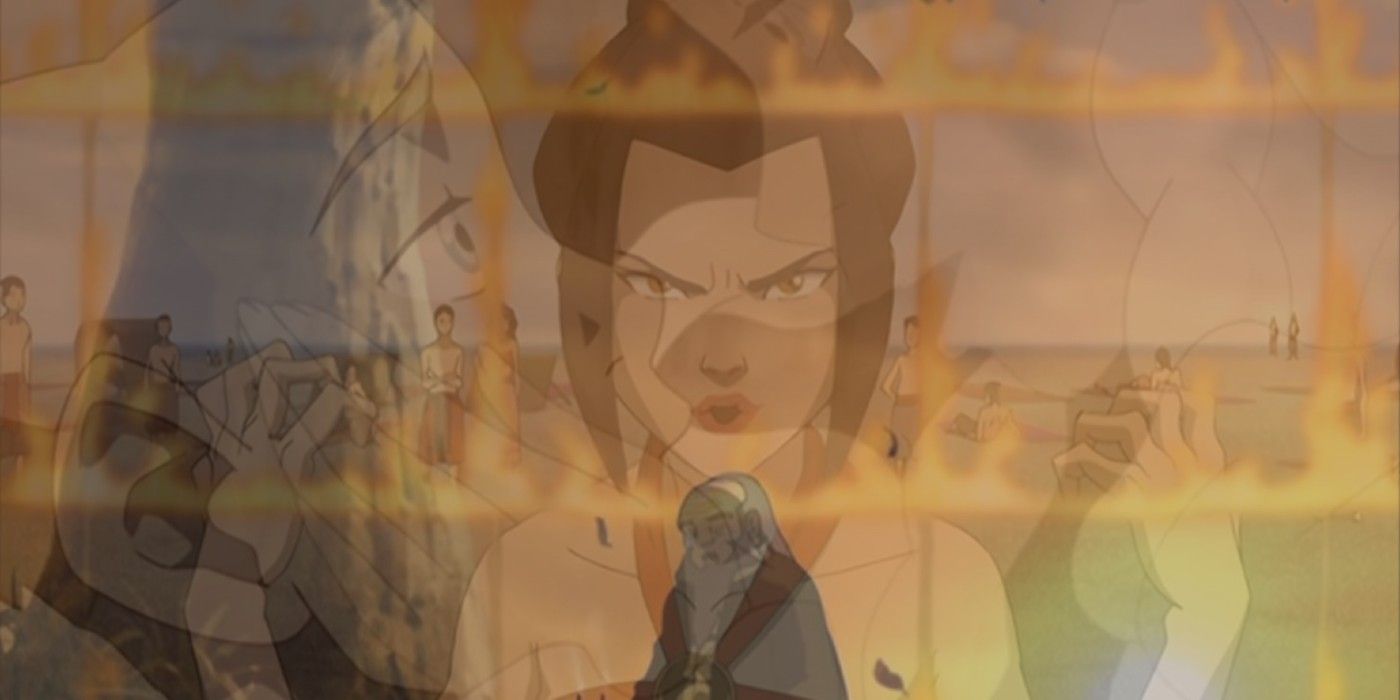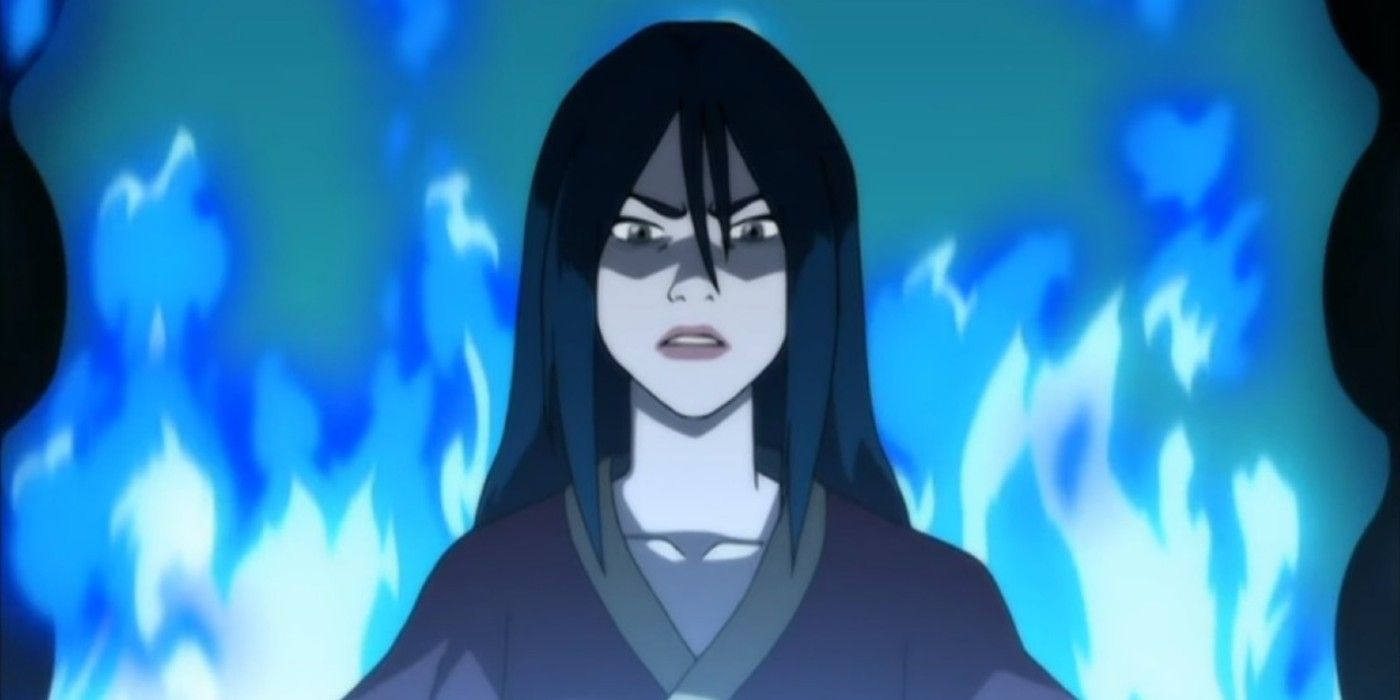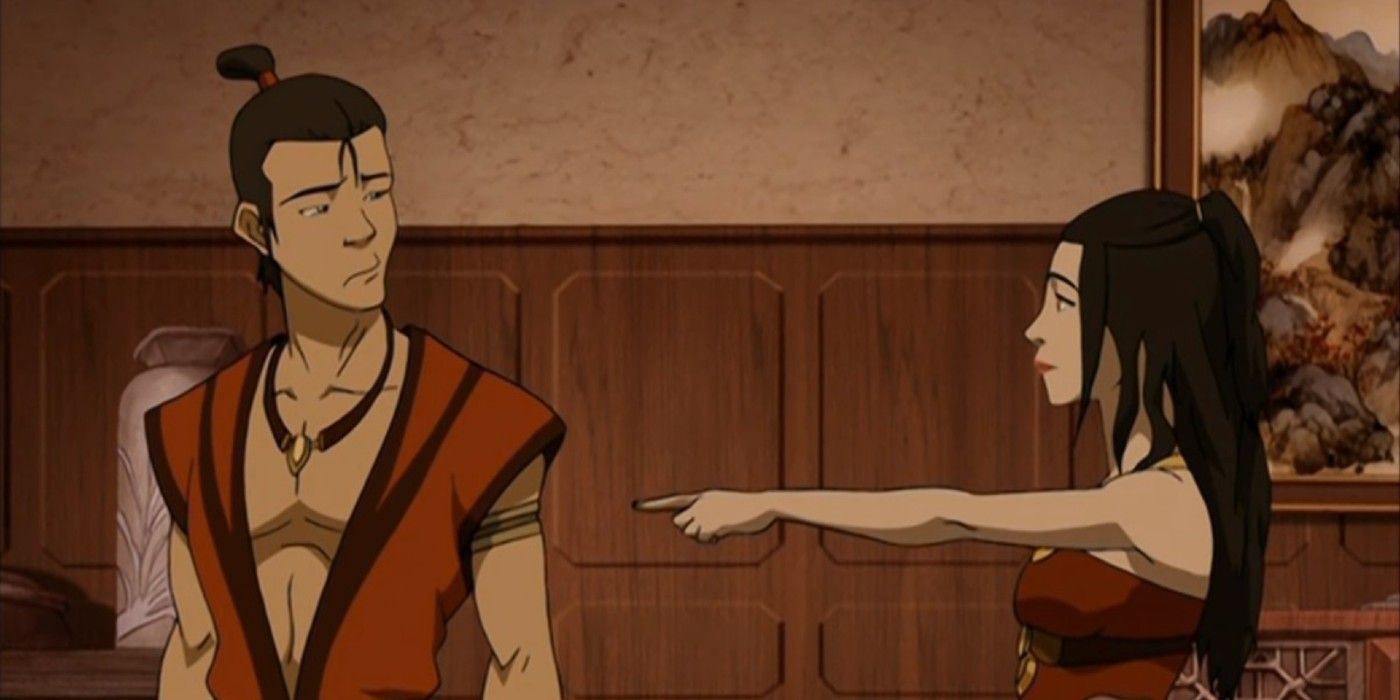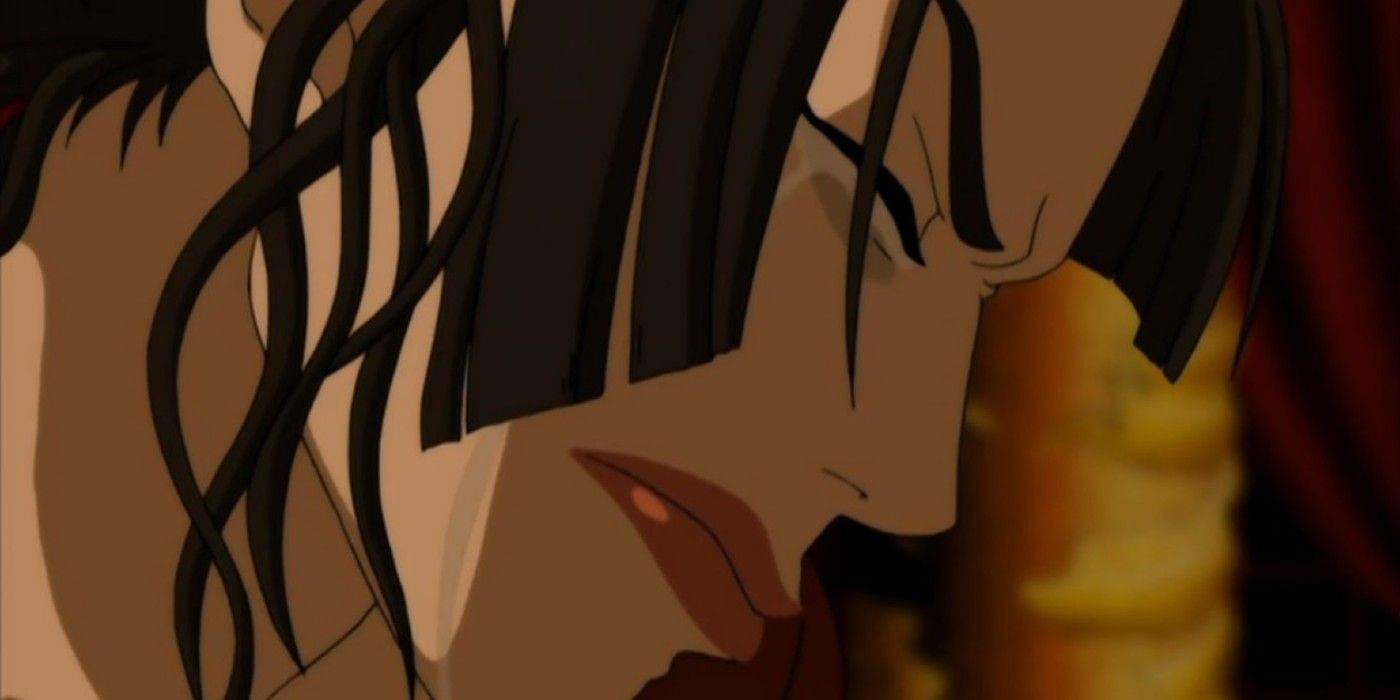Avatar: The Last Airbender has garnered a well-earned reputation as one of the greatest animated series ever created. Billed as a children’s action-adventure cartoon, the series quickly proceeded its reputation, exploring hauntingly adult themes such as genocide, animal cruelty and the casualties of war. The show was also filled with a bevy of interesting and complex characters — most notably its villains — and while Avatar: The Last Airbender had no shortage of tear-jerking moments, the show’s most gut-wrenching might come as a surprise to many fans.
When long-time fans recall the show’s saddest moments, several come to mind. The selfless sacrifice of Princess Yue in the Book 1 finale, “Seige of the North: Part 2,” was as heart-breaking as it was unexpected. The capture and month-long torment of beloved sky bison Appa in the Book 2 episode “Appa’s Lost Days,” remains a difficult one to re-watch. And, most consider it difficult — if not impossible — to hear the late Mako’s rendition of “Leaves From the Vine” without bursting into tears. However, one character’s emotional turmoil is too often overlooked; when fans picture a tragic character, Princess Azula may be the last one to come to mind.
While many of Avatar’s characters experience immense growth throughout the course of the series and beyond, the same cannot be said of Azula. Once a powerful, feared and formitable villain, fans loved to hate the Fire Nation princess and felt little more than glee after her tragic downfall. However, when examining the character’s devolution into sheer insanity after a humiliating loss, they fail to take her age into account.
Like all the show’s core cast, Azula is a teenager. At just 14 years old, she displays the wit, cunning and sadism of a truly horrifying Machiavellian leader. While these details make the character’s young age all-too-easy to overlook, they are also what make her so sympathetic upon re-watch. Often viewed as a comedic detour to the series’ main plot, Book 3’s “The Beach,” is also oddly poignant.
After inviting herself to a beach party — with her royal identity concealed — Azula quickly finds relaxed social interaction with her peers to be an impossibility. While romance comes as oddly easy to her brother and closest friends, the undercover princess has no such luck. Smitten with the empty-headed and egotistical Chan, Azula’s dead-eyed attempt at flirting leaves the boy more confused than charmed. In an attempt to compliment his outfit, she describes the sinking of “an Empire class battleship” in excruciating detail. While this makes viewers laugh, it also informs them of a saddening fundamental truth: War is all Azula knows.
She views even a simple game of beach volleyball through the lens of victory and defeat, using harsh militant strategy to achieve a win. And, while the episode features a select few moments of rare humanity from the adultified teenager — such as her vulnerability around Ty Lee, her successful attempt to bond with Zuko and the admittance that their mother’s neglect caused far more pain than she ever let on — she is quick to revert back to her trademark over-confidence, callously dismissing all that her friends have shared.
While Avatar fans continue to regard Azula as little more than an irredeemable monster, they also ignore the troubling fact that the adults in her life felt the same way. With the love and support of Uncle Iroh, Zuko was able to overcome his twisted views on honor, duty and love. The unquestionable love of their mother, Ursa, aided him through many difficult times. And, through immense hardship and unfathomable cruelty, the once-banished prince was able to finally view his father as a dishonorable, loveless tyrant.
Despite being “born lucky,” Azula was not so lucky in this regard. Though subsequent graphic novels would undeniably prove that Ursa indeed loved her daughter, the matriarch’s absence, discipline and favoritism of Zuko would — to Azula — illustrate otherwise. In a once-humorous line, the ever-supportive Iroh dismisses his niece as “crazy.” And, though we rarely see the two interact, Ozai’s constant praise toward his daughter’s sadistic tendencies seemed to only further her tragic complex.
When Ozai rejects Azula’s pleas to join him in destroying the Earth Kingdom, she is understandably upset, horrified at being “[treated] like Zuko.” While he pacifies her with lies, stroking her ego and granting her an essentially worthless throne, Azula understands this rejection — albeit subconsciously. By Avatar’s end, the once-powerful princess is reduced to a lonely, dejected and defeated child, tortured by her own broken heart. And, in a series rife with tragedy, this may be the saddest facet of all.
All seasons of Avatar: The Last Airbender are now streaming on Netflix.




